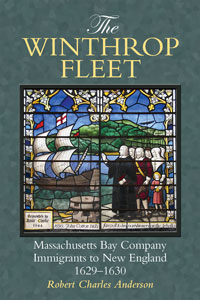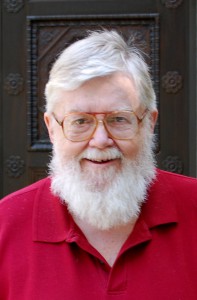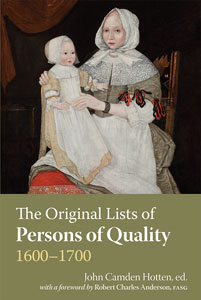The Massachusetts Bay Company arranged for six vessels to sail for New England in 1629, only five of which reached their destination. The salient details for each of these sailings are summarized below:
George Bonaventure, Thomas Cox, master. She left the Isle of Wight 4 May 1629, and probably reached Salem during the first half of July. Samuel Sharp and the Rev. Samuel Skelton were two of the passengers. Continue reading Ships of the Winthrop Migration, 1629-1630


